Best movies like The Battle of Chile: Part II
A unique, carefully handpicked, selection of the best movies like The Battle of Chile: Part II Starring Abilio Fernández, Salvador Allende, Augusto Pinochet, and more. If you liked The Battle of Chile: Part II then you may also like: The Ugly American, WUSA, Waking the Dead, The War on Democracy, No and many more popular movies featured on this list. You can further filter the list even more or get a random selection from the list of similar movies, to make your selection even easier.
Chronicles the events immediately surrounding the CIA- supported coup itself.
The Battle of Chile: Part II
You may filter the list of movies on this page for a more refined, personalized selection of movies.
Still not sure what to watch click the recommend buttun below to get a movie recommendation selected from all the movies on this list
WUSA
Rheinhardt, a cynical drifter, gets a job as an announcer for right-wing radio station WUSA in New Orleans. Rheinhardt is content to parrot WUSA's reactionary editorial stance on the air, even if he doesn't agree with it. Rheinhardt finds his cynical detachment challenged by a lady friend, Geraldine, and by Rainey, a neighbour and troubled idealist who becomes aware of WUSA's sinister, hidden purpose. And when events start spinning out of control, even Rheinhardt finds he must take a stand.
Waking the Dead
A congressional candidate questions his sanity after seeing the love of his life, presumed dead, suddenly emerge.
The War on Democracy
Set both in Latin America and the United States, the film explores the historic and current relationship of Washington with countries such as Venezuela, Bolivia and Chile. Pilger says that the film "...tells a universal story... analysing and revealing, through vivid testimony, the story of great power behind its venerable myths. It allows us to understand the true nature of the so-called "war on terror". According to Pilger, the film’s message is that the greed and power of empire is not invincible and that people power is always the "seed beneath the snow".
No
In 1988, Chilean military dictator Augusto Pinochet, due to international pressure, is forced to call a plebiscite on his presidency. The country will vote ‘Yes’ or ‘No’ to Pinochet extending his rule for another eight years. Opposition leaders for the ‘No’ vote persuade a brash young advertising executive, René Saavedra, to spearhead their campaign. Against all odds, with scant resources and while under scrutiny by the despot’s minions, Saavedra and his team devise an audacious plan to win the election and set Chile free.
Nostalgia for the Light
In Chile's Atacama Desert, astronomers peer deep into the cosmos in search for answers concerning the origins of life. Nearby, a group of women sift through the sand searching for body parts of loved ones, dumped unceremoniously by Pinochet's regime.
Julio Begins in July
This is the story of a teenager at the turn of the century in the conservative higher classes of Chile and the initiation rites in his society.
Allende en su laberinto
The last 7 hours of former President of Chile Salvador Allende, and his closest collaborators inside the Palace of La Moneda, during the brutal military coup d'etat on Sept. 11, 1973, the day democracy in Chile ended. Based on true events.
Atlas Shrugged: Part I
A powerful railroad executive, Dagny Taggart, struggles to keep her business alive while society is crumbling around her. Based on the 1957 novel by Ayn Rand.
Tierra del fuego
The film is based on the novel (of the same name) by the Chilean writer Francisco Coloane, and on the chronicles of the Romanian engineer Julius Popper, a nationalized Argentine and one of the principle actors in the genocide of the Selk'nam, one of the indigenous peoples who inhabited the Tierra del Fuego Archipelago.
Machuca
Santiago, capital of Chile during the Marxist government of elected, highly controversial president Salvador Allende. Father McEnroe supports his leftist views by introducing a program at the prestigious "collegio" (Catholic prep school) St. Patrick to allow free admission of some proletarian kids. One of them is Pedro Machuca, slum-raised son of the cleaning lady in Gonzalo Infante's liberal-bourgeois home. Yet the new classmates become buddies, paradoxically protesting together as Gonzalo gets adopted by Pedro's slum family and gang. But the adults spoil that too, not in the least when general Pinochet's coup ousts Allende, and supporters such as McEnroe.
Dialogues of the Exiles
Chilean exiles in Paris discuss the problems facing them. They kidnap and attempt to re-educate a touring singer from their fatherland.
Missing
Based on the real-life experiences of Ed Horman. A conservative American businessman travels to Chile to investigate the sudden disappearance of his son after a military takeover. Accompanied by his son's wife he uncovers a trail of cover-ups that implicate the US State department which supports the dictatorship.
Songs of Repression
At the foot of the Andes Mountains in Chile lies an idyllic German colony called Villa Baviera. However, the beauty of the place – formerly known as Colonia Dignidad – hides a grim past. Systematic child-abuse, medical experiments, torture chambers and mass graves are part of its history. Today, 120 inhabitants still live their lives in the colony which has since changed its name to Villa Baviera and where a disturbing blend of religious fanaticism and extreme conservatism still holds sway.
Post Mortem
In Chile, 1973, during the last days of Salvador Allende's presidency, an employee at a Morgue's recording office falls for a burlesque dancer who mysteriously disappears.
State of Siege
Using the interrogation of a US counterinsurgency agent as a backdrop, the film explores the consequences of the struggle between Uruguay's government and the leftist Tupamaro guerrillas.
Conquest
La Araucana is a Chilean film based on an epic poem in Spanish about the Spanish conquest of Chile, by Alonso de Ercilla; it is also known in English as The Araucaniad. It is considered the national epic of the Kingdom of Chile and one of the most important works of the Spanish Golden Age
The Promised Land
During the socialist government of Marmaduke Grove in 1932, a group of villagers decide to take some land in the area of Palmilla. Almost like a mythical journey, problems arise when seated and in a position to bring the socialist ideal in the population. Everything becomes more complicated with rumors that the reactionary forces have overthrown the socialist government. A movie that because of the coup was not released in Chile and was only terminated by Littin in exile in Mexico.
Violeta Went to Heaven
A portrait of famed Chilean singer and folklorist Violeta Parra filled with her musical work, her memories, her loves and her hopes.
Secrets
After long decades of exile, a leftist former activist returns to Chile to settle accounts with his conscience, related to the death of a colleague and political hero . The task of Atalibar is to reveal his secret. But his view clashes with the current country, godless, far from the old ideologies and where all his old colleagues have changed.
Los náufragos
After 20 years of exile, Aron returns to Chile to find out who he is. He asks questions, not only of those who stayed behind but also of himself, examining his relationship with his past and his own memory. The people who stayed lived through 20 years of dictatorship. They were either victims or executioners. Amidst this wreckage, Aron wonders what name his brother is using now, where his father is... Can he, in Isol's arms and through her love, find his way again ? What future awaits him? Like Mola the torturer, he has returned from an impossible journey, and Aron knows that each man is his own executioner. Shipwreck and resurrection are the two facets of a complex truth.
Latent Image
In the late 1980s, a politically neutral photographer in Pinochet's Chile is still struggling to come to terms with the "disappearance" of his activist brother in the Villa Grimaldi torture centre back in 1975.
The Salamander
An Italian policeman investigates a series of murders involving people in prominent positions. Left behind at each murder scene is a drawing of a salamander. The policeman begins to suspect these murders are linked to a plot to seize control of the government.
The Battle of Chile: Part I
The chronicle of the political tension in Chile in 1973 and of the violent counter revolution against the democratically elected government of Salvador Allende.
Tony Manero
A man is obsessed with John Travolta's disco dancing character from "Saturday Night Fever".
ReMastered: Massacre at the Stadium
For years, the murder of Chilean protest singer Victor Jara was blamed on an official in Pinochet's army. Now in exile, he tries to exonerate himself.
Trauma
Four friends visit a rural locality of Chile, are brutally attacked by a man and his son. After not finding help in the town, they decide to confront these men with the help of a pair of policemen. But in this way, they will discover that their attackers have in their blood the direct legacy of the darkest period of Chilean history and will have to face the most brutal enemy.
The Wolf House
María, a girl from Colonia Dignidad, in Chile —a kind of sectarian community, tyrannically mastered by the ruthless Paul Schäfer, a German madman, religious fanatic and child predator, who would end up turning the place into a torture center at the service of the military dictatorship ruled by Augusto Pinochet—, is punished for having lost three pigs, so she decides to run away and take refuge in an abandoned house hidden in the forest.
Mi mejor enemigo
After losing their bearings, a group of Chilean soldiers learns some lessons about their enemy's humanity in this dark comedy set during the 1970s war between Chile and Argentina. Digging in where they are, the troop soon discovers a nearby Argentinean platoon. Unsure how to handle the situation, the two groups start passing notes via a stray dog, and eventually achieve a wary camaraderie.
The Summer of Flying Fish
Manena is the headstrong adolescent daughter of Pancho, a rich Chilean landowner who devotes his vacation to one thing : the invasion of his artificial lagoon by carps. While he employs increasingly radical methods, Manena has her first romantic experiences and hearbreak - and discovers a silent world in the shadow of her own : that of the Mapuche Indians who demand access to the land and clash with her father.
Death Squads: The French School
The story of how the colonial French army in Algeria learned how to effectively suppress independence movements in Algeria through torture and death squads. It also reveals how this knowledge was welcomed by US and Latin American military academies who used it to educate recruits.
Of Love and Shadows
Irene is a magazine editor living under the shadow of the Pinochet dictatorship in Chile. Francisco is a handsome photographer and he comes to Irene for a job. As a sympathizer with the underground resistance movement, Francisco opens her eyes and her heart to the atrocities being committed by the state.
Garage Olimpo
A beautiful Argentine activist receives preferential treatment from a man supposed to torture her.
Sweet Country
An American couple in Chile is drawn into the turmoil that followed President Salvador Allende's 1973 overthrow.
Kill Pinochet
Chile, September 1986. Tamara, commander of the communist guerrilla group Manuel Rodríguez Patriotic Front, and her comrades-in-arms set out to overthrow the military regime installed in 1973 by assassinating the dictator Augusto Pinochet.
Rain over Santiago
A semi-fictional account on the fatidic September 11, 1973, when the military commanded by General Pinochet took over the power from socialist president Salvador Allende, initiating a dictatorship that lasted until 1988 causing the deaths and disappearances of many people.
Dawson Isla 10
After the 1973 coup that deposed Allende and brought Pinochet to power in Chile, the former members of his cabinet are imprisoned on Dawson Island, the world's southernmost concentration camp. Here these men are determined to survive and provide history with their testimony.
The Painting Lesson
In Chile, during the 60´s, the son of a poor single teenage girl turns out to be a gifted painter. The man to discover his talent is the owner of the drugstore that lies in the outskirts of the small rural town, next to the railroad. He himself is an amateur painter who will try to make the boy into a great artist, like all the ones in his art books. From the pharmacists point of view in his old age, unfolds the story of this young boy who could have become a great art genius, had he not disappeared at the age of 13, along with all his works, on September 11th 1973, the day of the coupe d´état.
Socialist Realism
A satirical take on President Salvador Allende's Popular Unity process prior to the 1973 Chilean coup d'état. The film is made up of a series of short stories, in which different worlds cross paths.
The Compass Rose
Exiled Chilean director Patricio Guzmán filmed in Cuba and in Venezuela to create this controversial statement on the creation and survival of Latin American culture from the late-15th century to the present. For some viewers, the film will be superficially symbolic and rhetorical, for others, it will be a strong and personal vision of several centuries of history.
Bloody Nitrate
Chilean soldiers try to survive in the desert after they are attacked by Peruvian troops. The 17 survivors are held together by the Captain. The Lieutenant is a civilian attorney who clashes with the Captain as he pursues the valuable rights to nitrate deposits in the area. When the fighting was over, 25,000 soldiers from Chile, Peru and Bolivia had perished while trying to secure the coveted mineral rights for foreign companies.
Strategy of Terror
A reporter and a New York City cop team up to find out who is trying to assassinate a UN leader. Film was a re-edit of two Kraft Suspense Theatre episodes.
The Shock Doctrine
An investigation of "disaster capitalism", based on Naomi Klein's proposition that neo-liberal capitalism feeds on natural disasters, war and terror to establish its dominance.
Chile: Hasta Cuando?
A portrait of a brutal Pinochet military dictatorship made during a three month visit to Chile in 1985 by David Bradbury. The footage reveals a country torn with civil strife and political unrest; military intimidation of the population; indiscriminate arrests: murder torture and disappearances were facts of Chilean life.


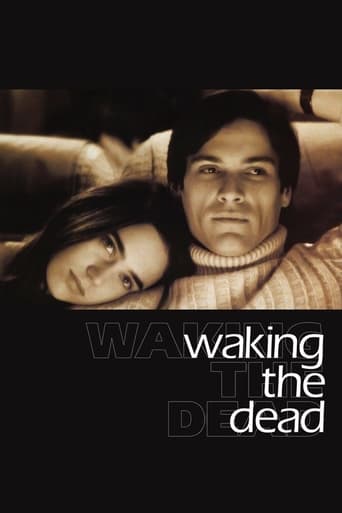







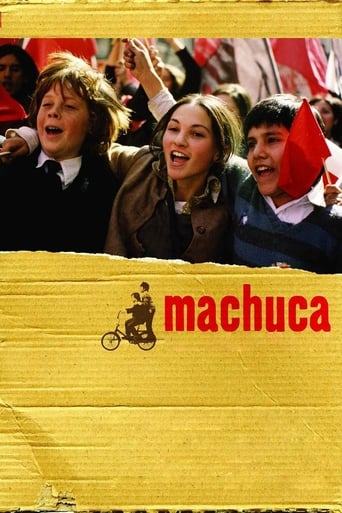


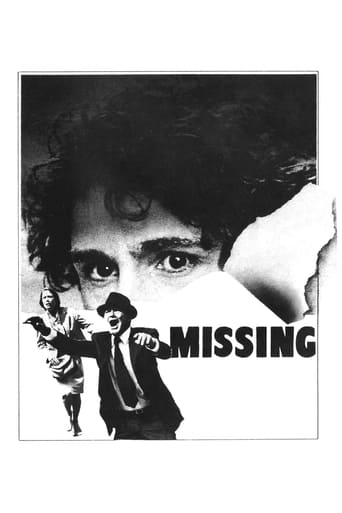







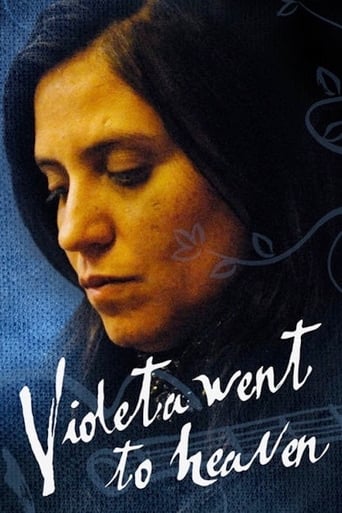


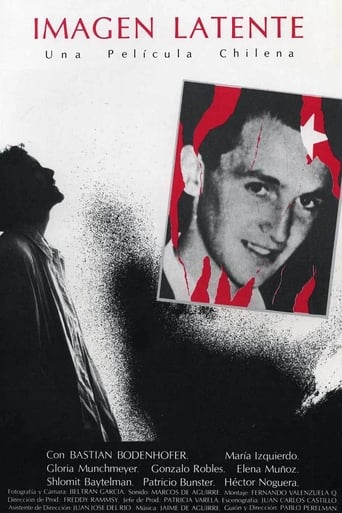

























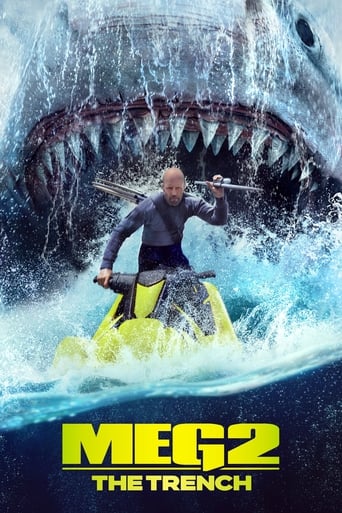
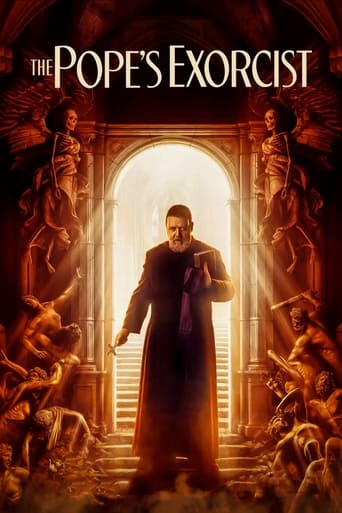
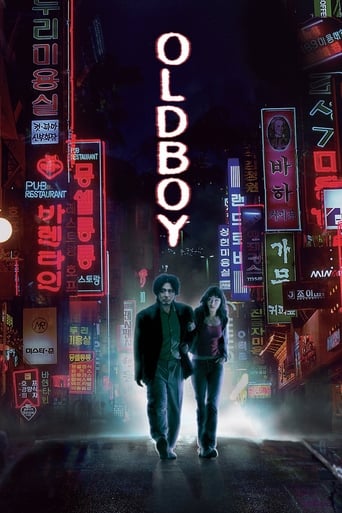
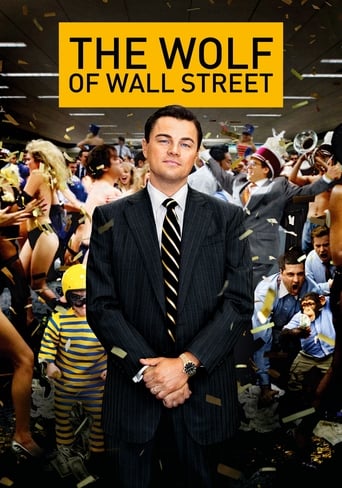
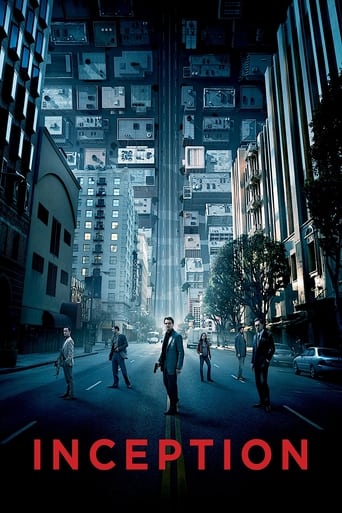
The Ugly American
An intelligent, articulate scholar, Harrison MacWhite, survives a hostile Senate confirmation hearing at the hands of conservatives to become ambassador to Sarkan, a southeast Asian country where civil war threatens a tense peace. Despite his knowledge, once he's there, MacWhite sees only a dichotomy between the U.S. and Communism. He can't accept that anti-American sentiment might be a longing for self-determination and nationalism. So, he breaks from his friend Deong, a local opposition leader, ignores a foreman's advice about slowing the building of a road, and tries to muscle ahead. What price must the country and his friends pay for him to get some sense?